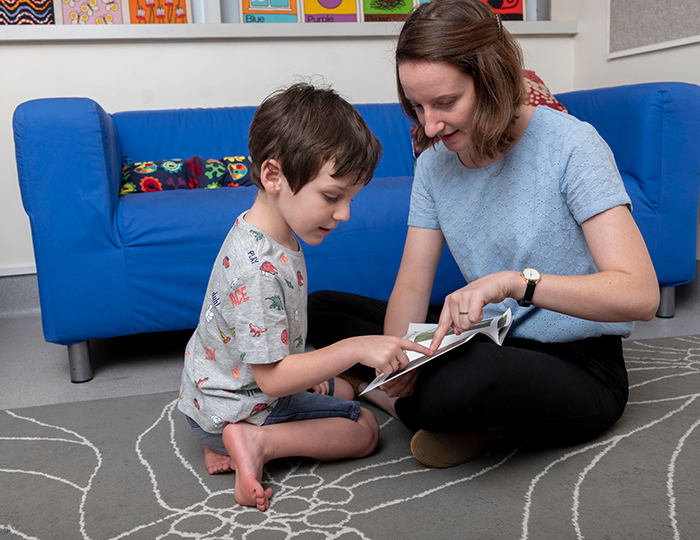Search
Showing results for "8"

The Wesfarmers Centre of Vaccines and Infectious Diseases has appointed Mrs Valerie Swift to a newly created Aboriginal Cultural Guidance Advisor position.
Join Dr Andrew Whitehouse, head of Developmental Disorders research at The Kids, as he shares with you his vision for autism research.
Perth researchers have begun a trial to test the effectiveness in children and seniors of a new vaccine to protect against the potentially deadly bird flu.
Download the Young Minds Matter report and overview, watch video snapshots and access survey results and tables.

Researchers at The Kids Research Institute Australia are studying a new pneumococcal vaccine designed to provide a broader protection for 21 serotypes of the bacteria S. pneumoniae – 8 more serotypes than the current vaccine given to new babies.

Fantastic news for two of our talented researchers whose papers were featured in the Advanced Technologies & Treatments for Diabetes (ATTD) 2024 Yearbook.

At CliniKids, the JASPER approach is for preschool and school-aged children who have differences in play and social communication skills.
Pregnancy and the postnatal period can be a time of increased psychological distress, which can be detrimental to both the mother and the developing child. Digital interventions are cost-effective and accessible tools to support positive mental health in women during the perinatal period.
Bullying is a widespread global issue, with serious consequences for victimized individuals. The current systematic review is the first to explore the consequences of bullying in early adolescence on psychological and academic functioning across the adolescent period. Five databases were examined, yielding 28 relevant studies.
The social and emotional wellbeing of Aboriginal children and young people
